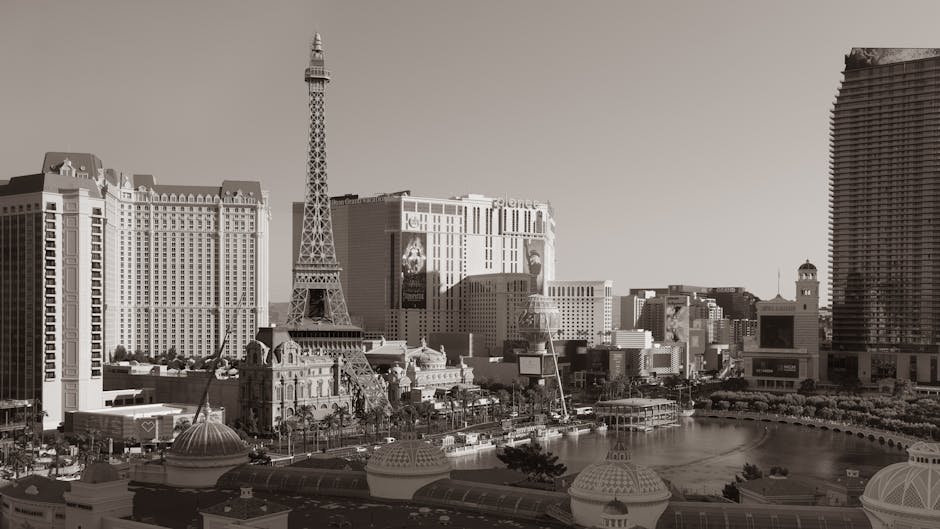The allure of Las Vegas, with its dazzling lights and promise of excitement, has hit a snag as casino revenues on the Strip have fallen for the third consecutive month. April’s data reveals a nearly 3% decline in gross gaming revenue, dropping to an alarming $646.9 million compared to last year’s figures. This downturn has sent ripples of concern through Nevada’s gaming sector, prompting a reevaluation of business strategies amidst an uncertain economic landscape.
Understanding the Economic Forces at Play
The decline in Las Vegas casino revenue is not occurring in a vacuum. Global economic challenges, including rising costs and trade tensions exacerbated by policies from the Trump administration, have significantly influenced consumer behavior. Moreover, a growing dissatisfaction with the value offered by Las Vegas venues—amplified by aggressive pricing strategies—has potential visitors thinking twice. This sentiment is captured by the increasing frustration over incidental fees, a tactic seen by many as diminishing the city’s appeal.
“Las Vegas is at a crossroads, facing a confluence of economic pressures and changing consumer expectations. The city must navigate these challenges with innovative solutions to remain the premier destination for entertainment and gaming,” industry analysts note.
Slot Machines: The Crux of the Revenue Shortfall
April’s revenue shortfall has been particularly pronounced in the slot machine segment, where earnings plummeted by over 5% to $387.5 million. In contrast, table games and sportsbook revenues saw a modest increase of 1%. This discrepancy highlights the urgent need for casinos to adopt new strategies, such as loyalty programs to rejuvenate interest and engagement in slot gaming.
Visitor Trends and Hotel Occupancy: A Closer Look
Last month’s visitor statistics from the Las Vegas Convention & Visitors Authority (LVCVA) paint a concerning picture: a 5% decrease in visitor volume to approximately 3.33 million. Despite a 14% increase in convention attendance, the overall reduction in guests has led to lower hotel occupancy rates across the city. This trend is further exacerbated by controversial decisions, such as MGM Resorts’ new room service fees at the Bellagio, which have sparked widespread criticism and may contribute to declining visitor satisfaction.
Adapting to a New Era in Las Vegas
The current challenges facing Las Vegas casinos underscore the need for the industry to adapt to evolving market conditions and consumer preferences. Strategies that prioritize customer value and experience over short-term revenue gains may be key to reversing the downward trend. As Las Vegas navigates this critical period, the decisions made by casino operators will likely determine the city’s future as a top global destination for entertainment and gaming. For more insights into how the industry is adapting, consider the perspective on DraftKings’ product investment as a potential catalyst for growth.
“In the face of declining revenues and changing visitor dynamics, Las Vegas must reinvent itself to ensure it continues to offer unparalleled experiences that meet the expectations of today’s consumers,” experts suggest.
Conclusion: A Pivotal Moment for Las Vegas
The recent downturn in casino revenue represents a pivotal moment for Las Vegas. The industry’s response to these challenges will not only impact the immediate future of gaming and entertainment in the city but also shape its long-term identity. By embracing innovation and prioritizing guest satisfaction, Las Vegas can weather this storm and emerge stronger, ready to welcome the world with open arms once again. For ongoing insights into the gaming industry and Las Vegas’s evolution, stay tuned to our latest updates on Las Vegas’ El Cortez and its snazzy new neon signage, symbolizing the city’s enduring appeal and resilience.










Leave a Reply